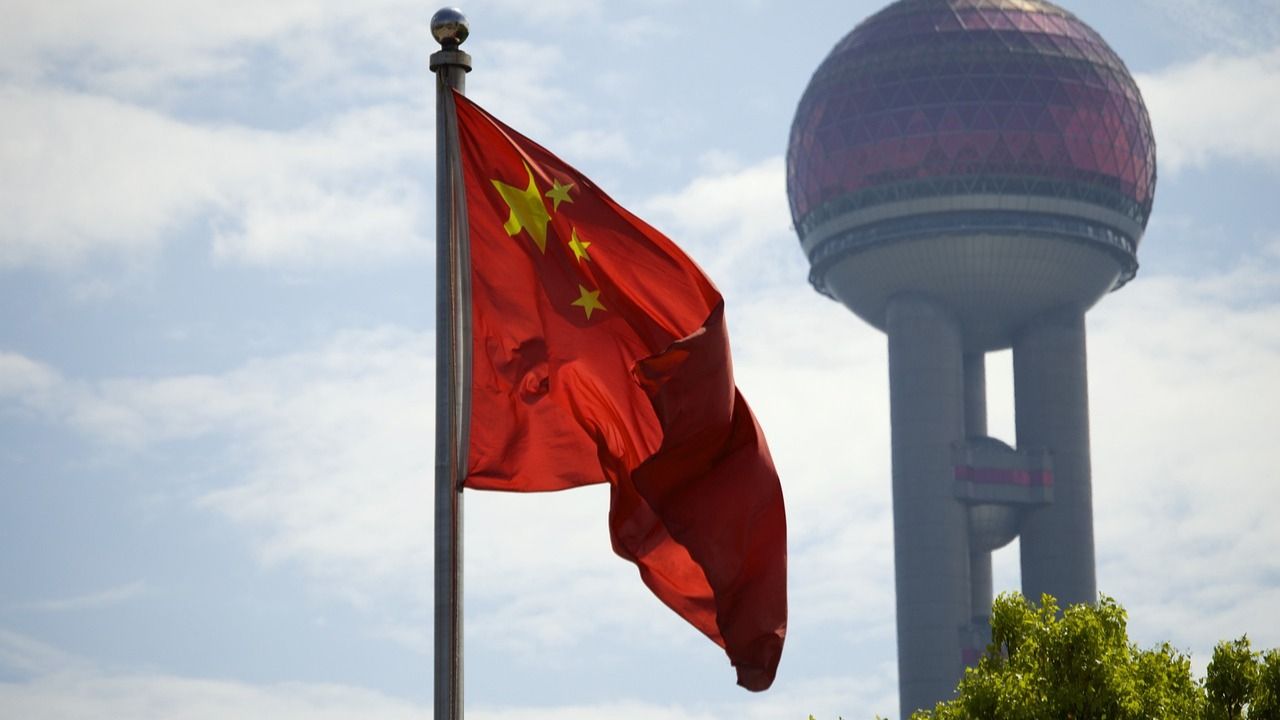Beijing: The number of billionaires in China fell to 427 in 2024 from last year’s 520 following the slowdown in the economy, Switzerland-based multi-investment bank UBS said on Thursday.
The total wealth of these billionaires decreased by 20 per cent to about USD 1.4 trillion highlighting the impact of economic slowdown on the world’s second-largest economy on the once flourishing private sector.
Plagued by the crisis in the property sector and turmoil in financial markets, the list of China’s rich with assets of USD one billion shrank by 132 while 42 new billionaires were minted and three moved away, the UBS report said.
“Many of the billionaires we have in China are relatively new in the context of total wealth,” said Benjamin Cavalli, head of strategic clients at UBS Global Wealth Management.
Compared to other markets, such as the US or Europe, where the total wealth is on an average higher per billionaire, those in China are often hovering near USD one billion, Cavalli said.
“So, whenever we see corrections in the market, be it the equity market, or the real estate market as we saw recently in China, you obviously have a larger number of billionaires, specifically in 2024, that drop off the billionaire count.
Because they just moved below the billionaire mark and now may be at USD 800 million or USD 900 million,” he said.
China’s economy has been on the slowdown mode in recent years hovering around five per cent following multiple challenges like near collapse of its mammoth property sector, the mainstay of the economy, shrinking private sector following crackdown on businesses and weak consumer spending.
Instead of supercharging the growth of global wealth, China is now diluting it, the Hong Kong based South China Morning Post said, quoting the report.
The aggregate wealth of China’s billionaires increased at a rate of more than 20 per cent a year from 2015 to 2020, but has since shrunk by five per cent annually, due to the “common prosperity” campaign and a tougher regulatory environment, UBS said.
Beijing has launched a series of regulatory crackdowns on private sectors from internet companies to firms that provide after-school education services.
In 2021, President Xi Jinping re-emphasised the Mao Zedong-era “common prosperity” slogan, saying a wider pool of people should do well, not just a small minority.
